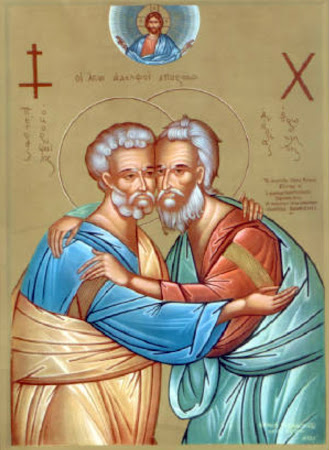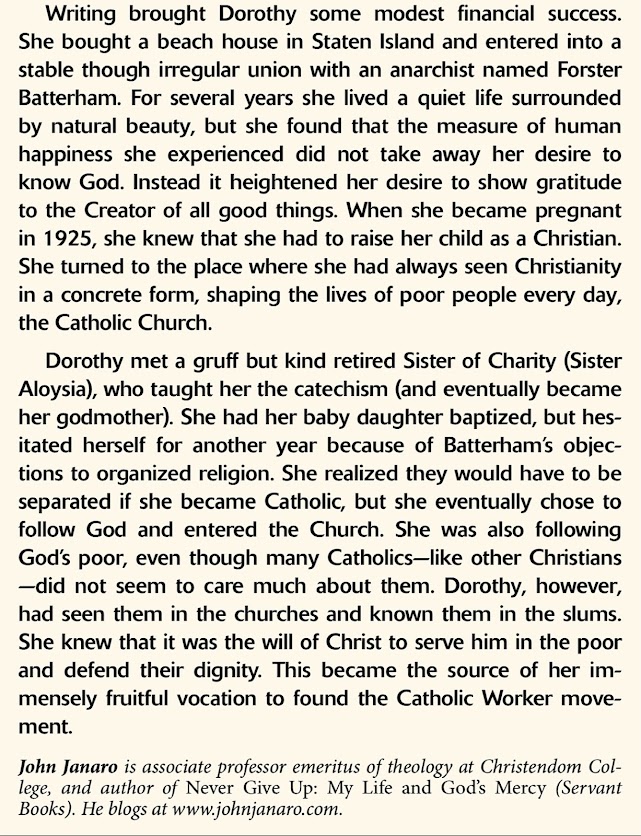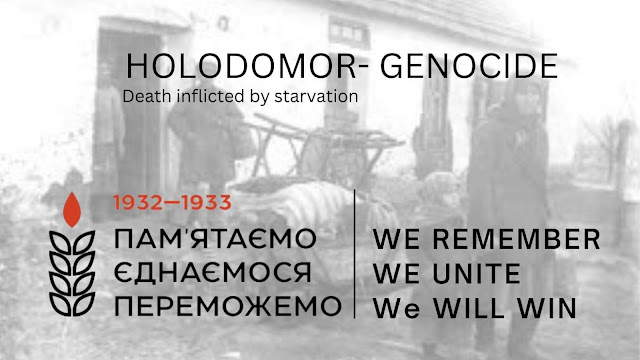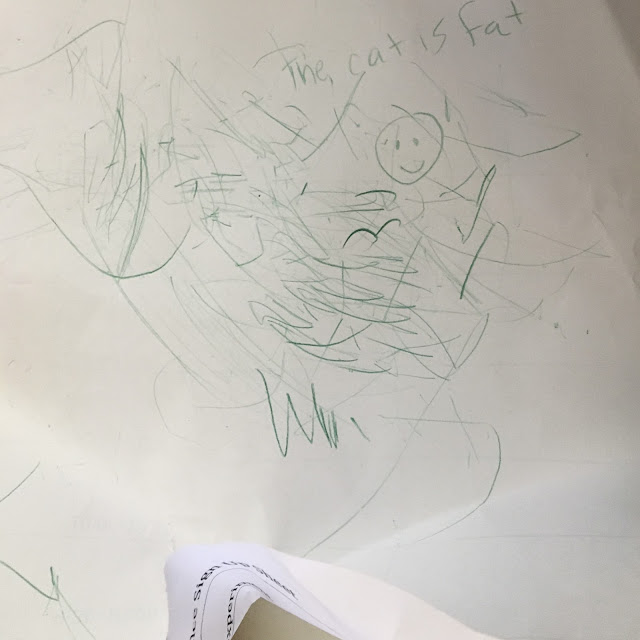November is the month in which we pray for "the faithful departed." This has become a very particular and deeply felt task for me in recent years. My own parents are now among the faithful departed, a reality that I am aware of every day. They have joined this important and very large group of persons whose bodily life in this world has ended, but who are still vitally "connected" to us in Christ's Body, the Church.
At the same time, I continue to think of, and pray for, all the faithful departed, the people of every race and nation who are being made ready by Christ, through the mystery of mercy that we call Purgatory, to enter into the fullness of God's life, to share His beatitude, to see Him face to face forever in perfect freedom.
How great must be this multitude! Often, we pray for "the souls in Purgatory who have no one to pray for them." I often wonder how many belong to this category because their own faith was a secret work of God's grace while they were on earth. I think of the five billion people in this world who are not Christians in any visible sense, the billions of people, adherents of the religions of the world, vast civilizations of people past and present who have a heritage rich in so many ways but lacking an explicit place for the Gospel as proclaimed and lived.
I believe that Jesus Christ is the sole mediator of salvation. Yet billions of people live their whole lives without ever hearing His name or having any real knowledge of who He is. Countless others know something about Him, but are confused by all sorts of images and ideas of what He represents, or have not had the opportunity (at least, not yet) to encounter His love for them, the way in which He has come into the world for them, and the fullness of all the ways He wants to give Himself to them.
Of course, Jesus calls His disciples to bear witness to Him in word and deed. We have encountered Him, followed Him, and come to know His love as the overflowing gift of God that “answers” all the longings and questions and perplexities of life, that corresponds to all the need and the searching of the human heart for meaning, for justice, for beauty, for a fulfillment that endures. We have been created to be sharers in God’s life, children of the Father in His Son, brothers and sisters of Jesus, united in the Holy Spirit. Christ’s love sets us free from sin and death, and makes us free to love God and find our happiness in this love. If we have the joy of loving God, then we will want to make Him known and loved by everyone. Every human person has the “right” to know the saving and transforming love that Jesus has for them particularly and personally, to know the whole scope of God’s plan in taking flesh, dwelling among us, dying and rising for us, staying with us. Christianity is missionary by its very nature, because Jesus belongs to everyone, and everyone is called to realize the truth of their humanity and their personality through a relationship with Him.

People who do not know about Jesus Christ are still loved immensely by God, and we can be sure that they are led by His grace. If they search for Him and follow what their conscience shows them to be His will, He leads them (in mysterious ways) to say "yes" to the Person of Christ who is present in their lives, and thus they can be saved by Christ and joined to the Church even if they have never heard of either. This must also be true of people who have "heard" of Christ and the Church, but do not understand them properly through no fault of their own.
Jesus, by becoming man, has united Himself in a certain way with every human being. The secret drama of every person's real life is their decision to say "yes" or "no" to Jesus Christ as He makes Himself present in their circumstances. Since Christ’s coming, there have been many people who have never heard of Him, but they have sought God's will, and have sought through the knowledge that was available to them to do what they thought God wanted of them. They love the good, and in that love God's grace is at work so that they can somehow encounter and accept the person of Christ through love even if they do not know His name.
If a person truly wants "God's will," then they want Christ even if they don't know it, because Christ is God's will, and Christ places that desire in them. Jesus Christ is what every human person is searching for. And so all those who truly search for the Mystery of life, and beg for that Mystery, will be led in a vital way to God's revelation of that Mystery: Jesus Himself. Thus, many who do not know "about" Jesus in a way that they can express or articulate, can still say "yes" to Jesus in their lives through love, through fidelity to the grace that God gives them, and through mysterious ways that we don't understand.
There are various theological theories about how this can happen, and I am not proposing any of them here. Nor am I saying that someone who recognizes the truth about Christ and the Church can reject it in favor of some other path that he or she prefers. If I am truly searching for the One who loves me, and then He shows Himself to me in Person and reveals His Name, how can I not accept Him, let myself be embraced by Him, and embrace Him in return? If fear or my own preferences were to prevail at this point, it would mean the failure of my search rather than its fulfilment.
What I want to point out is the simple fact that God’s grace is central to the life of every human person, and it has ways of working even in those whose connection to the Church cannot be seen by us. These countless multitudes of people, living and dying with Christ along obscure roads in this life, have now come to a full communion with His Church and a special fellowship with us, either in heavenly glory or in the purifying experience of Purgatory. How much these vast multitudes of unknown Holy Souls need our prayers! To help them is a special sharing of fraternal love and a beautiful work of mercy.





































